


Enter your mobile no. An OTP will be sent to this no.
By continuing, you agree to Pathkind’s Terms of Use and Privacy Policy.
Ah, the sun-kissed days of summer – the season of beach outings, pic

You can achieve a flawless complexion with the right tips because life
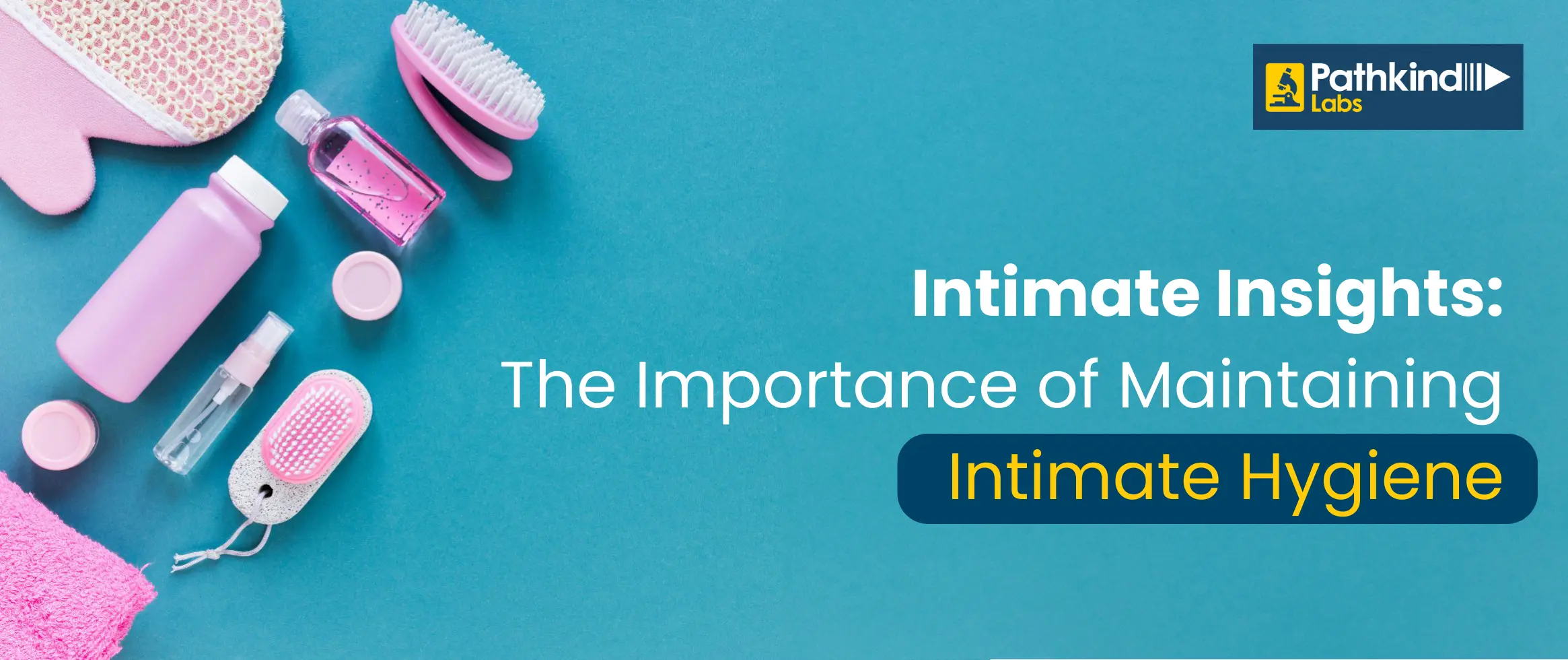
Many people have become more mindful of personal cleanliness and have
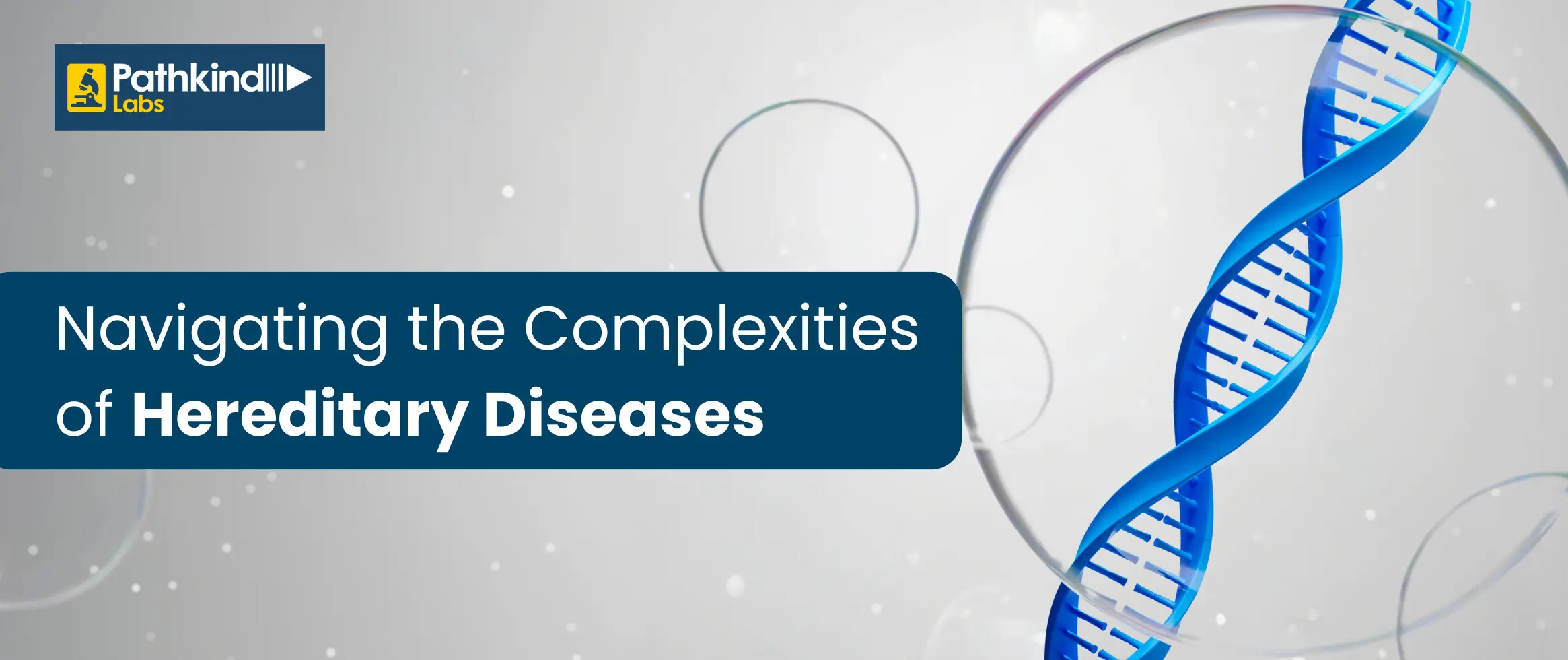
IntroductionHereditary diseases are defined as genetic disorders passe
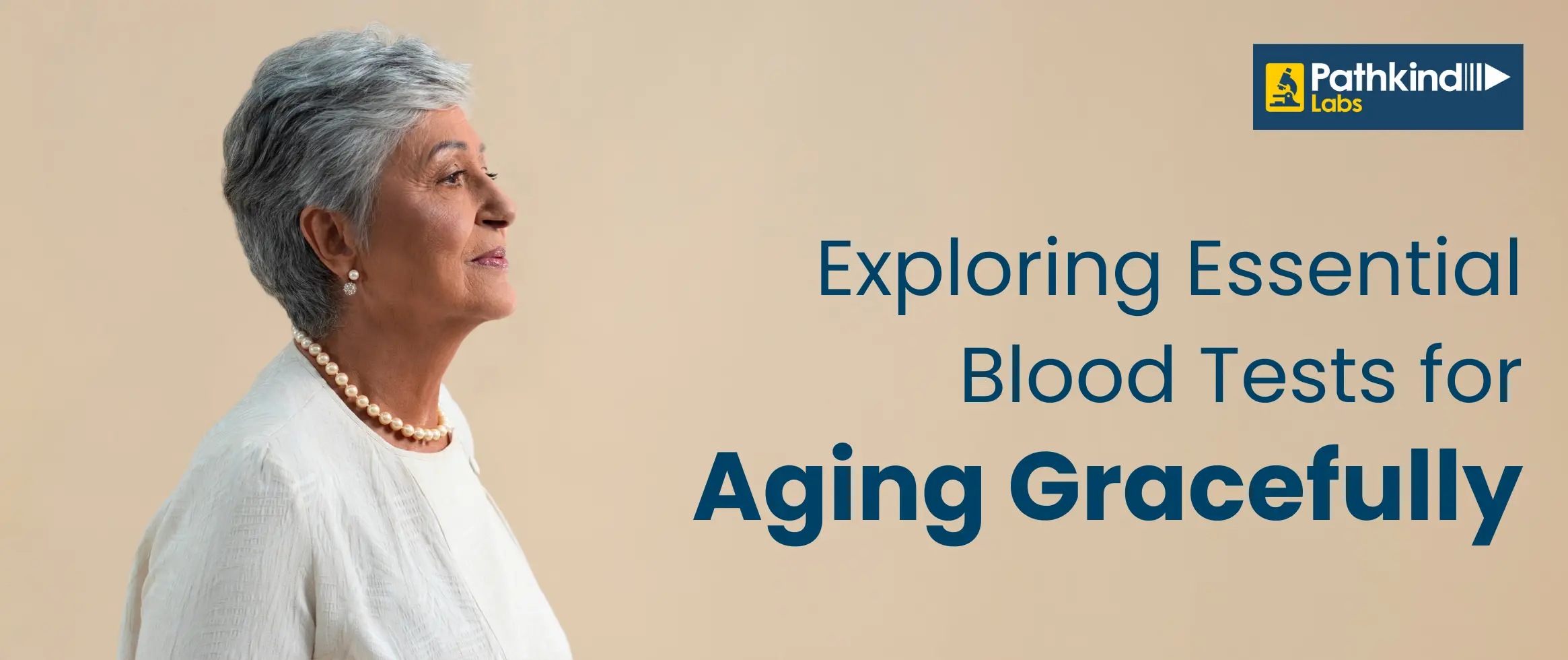
Ageing adults often face unique nutrition-related challenges, signific

Introduction:It is quite known that vitamins are very necessary for ma
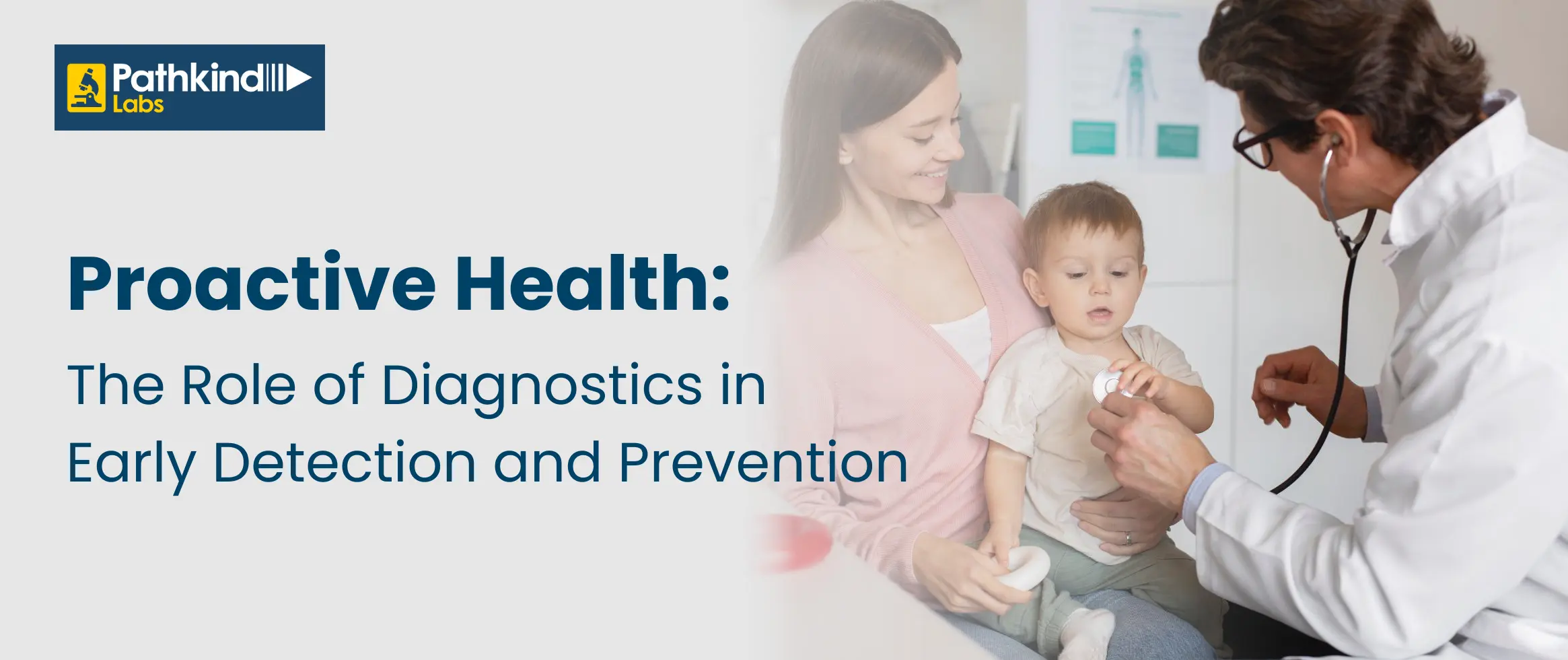
Introduction:In this fast-paced world, people are usually dictated by
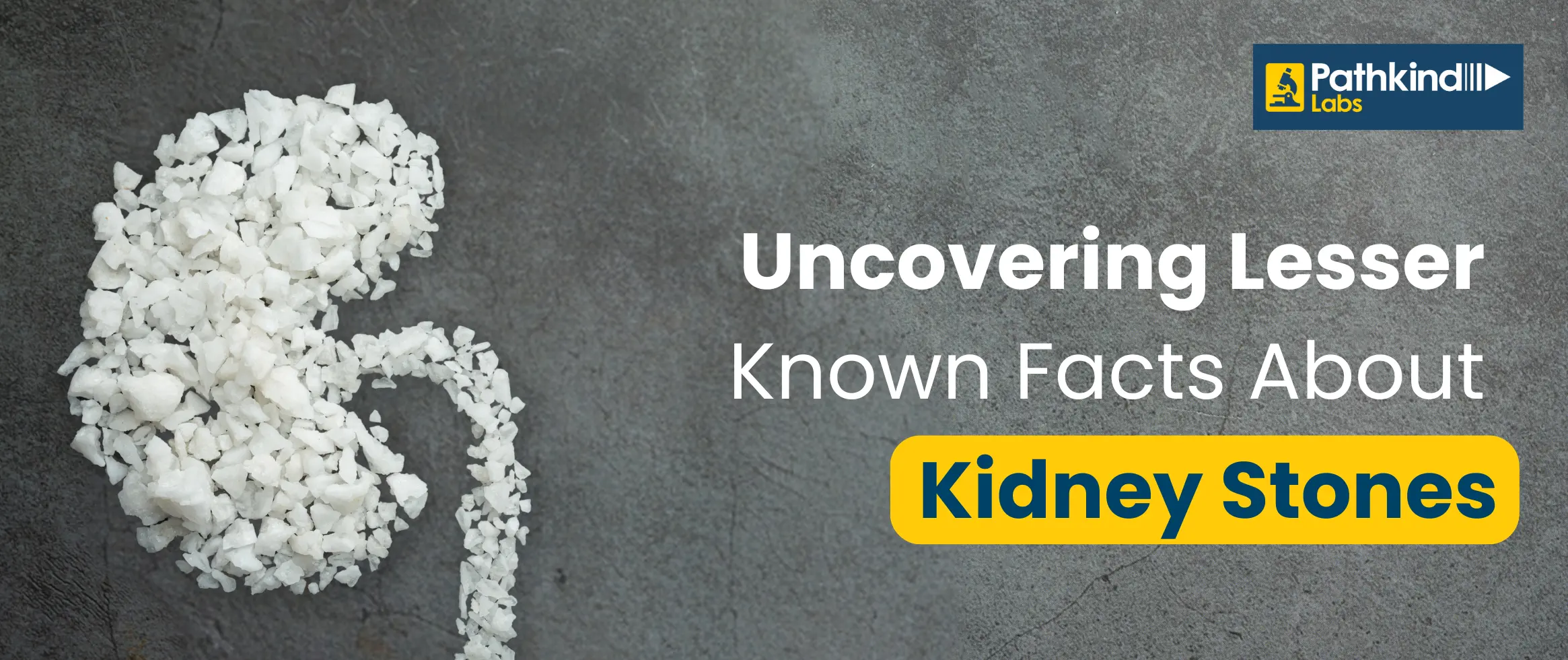
A kidney stone is a hard item formed from chemicals in the urine. The
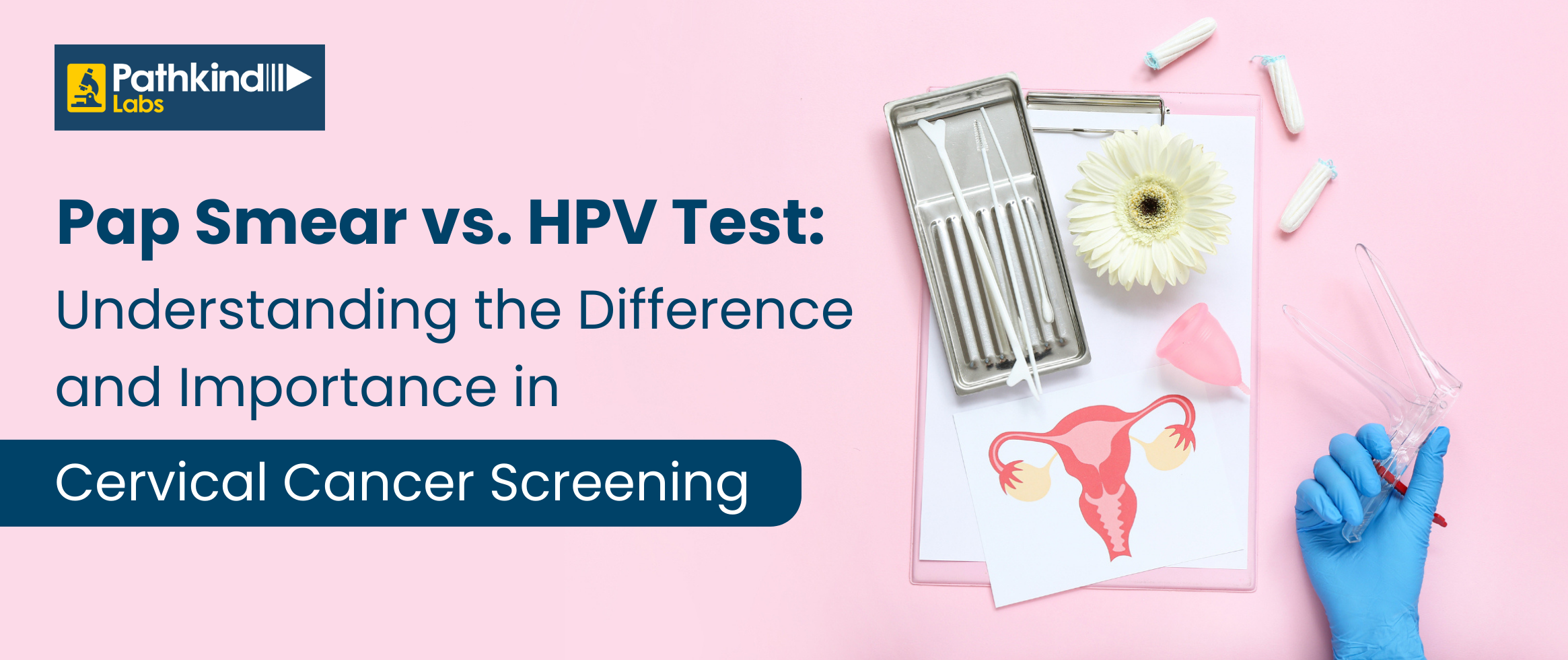
IntroductionOne of the most prevalent cancers among women is cervical









